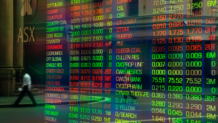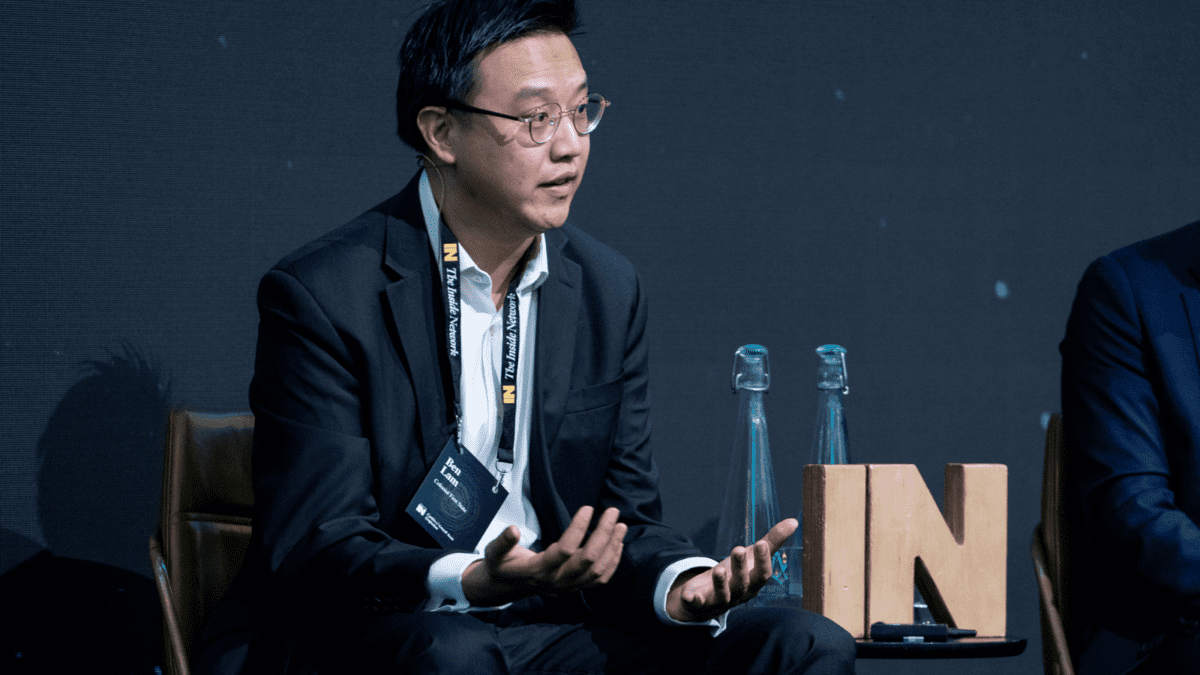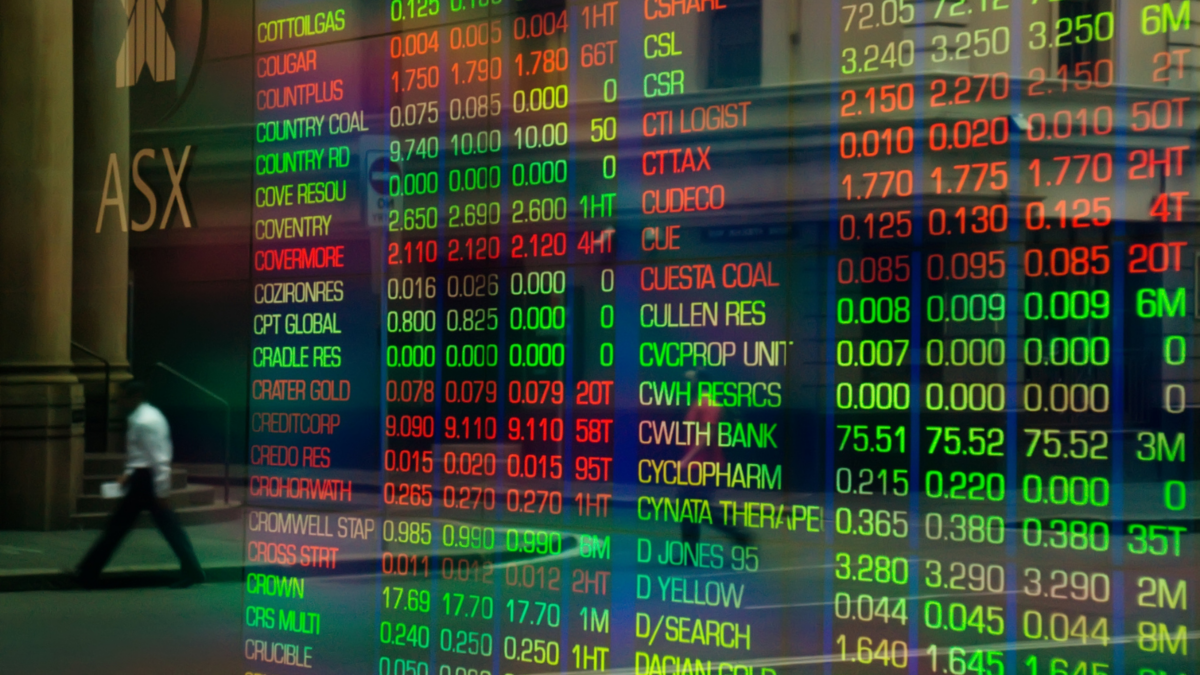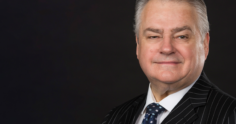Investor’s risk making the ‘cardinal sin of investing’ – Howard Marks
It shouldn’t take one of the most successful self-made hedge fund billionaires to remind us, but the warning may well be timely.
In Howard Marks’ latest missive, titled ‘Selling Out’, the author highlights the biggest mistake or ‘cardinal sin’ of investing. That being to ‘sell out’ of otherwise quality assets on little more than a felling or judgment call.
Marks has made his name, and likely a large portion of his and his clients’ wealth through investing into distressed debt. Essentially, this is buying assets at the point when no one else really wants them.
Investors, professional and DIY, are naturally concerned about the valuation of the market, individual companies and all types of assets, yet according to Marks “reducing market exposure through ill-conceived selling is a cardinal sin of investing’. He highlights the positive long-term trend of the market and the fact that the S&P500 has on average delivered a positive return in 70 per cent of years.
He questions the basic concept of ‘buy low, sell high’ on the basis that unless something has dramatically changed with a company or asset than why sell at all? “Profit taking is the intelligent sounding term” yet in general both professional fund managers and individual investors are guilty of believing trading activity is a value add.
This despite the fact that a growing cohort of active managers are significantly underperforming their passive benchmark index, something he blames on the poor quality of active management rather than the strength of the benchmar.
“Just holding is easier said than done” according to Marks, suggesting that “when you find an investment with the potential to compound over a long period, one of the hardest things is to be patient and maintain your position”.
“Investors can easily be moved to sell by news, emotion, the fact that they’ve made a lot of money to date, or the excitement of a new, seemingly more promising idea”. Consider for instance the investor who theoretically held Amazon since its. At different stages of the last three decades, that investors would have seen 1,000 per cent gains, and 93 per cent losses.
There is a natural human reaction to want to put gains “in the books” according to Marks, as there is an unwillingness to be wrong for an extended period of time. In a comment highly relevant to financial advisers in the current market, he quotes the theoretical client: “What kind of a lamebrain continues to hold a security after it’s gone from $100 to $50? Everyone knows a decline like that can foreshadow further declines. And look – it happened.”
The solution according to Marks is “superior investing” that involves “taking advantage of mistakes made by others” with investors who sell things because they are down, not due to a fundamental change, one such mistake.
Further he quotes an old colleague that described the “discipline of relative selection” being that every decision is a relative one. Anytime you sell something, it must be invested somewhere else; no decision is made in isolation. Is it really worth moving back to cash today solely because you think a temporary dip lies ahead? Not according to Marks who details several key reasons, the first being why sell something you think has a long-term future based on the threat of a ‘temporary dip’?
Whilst many see this as a way to reduce the risks to your portfolio, it actually does the opposite, introducing more risks. According to Charlie Munger, it gives advisers two ways to be wrong, ‘the decline may or may not occur’ and then you will have to figure out when to go back in. That is without mentioning the need to work out what to do with the proceeds?
The most powerful quote of all may well be this final one referring to those who manage to avoid declines that “revel in their brilliance and fail to reinstate their positions at the resulting lows”.











